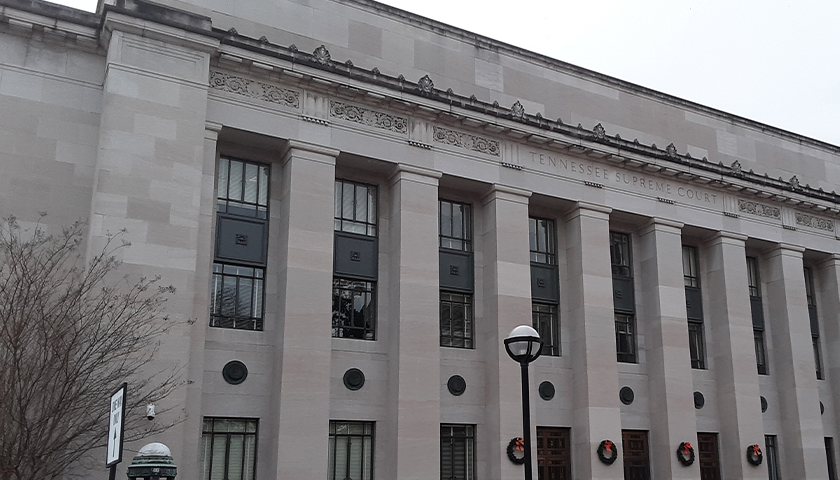As Tennessee lawmakers continue to examine reforms in the criminal justice system, two recently released reports showed that the state is not collecting the proper data to evaluate the fines and fees collected from its court system.
Non-profit policy think tank Think Tennessee found that, despite a 2019 law requiring all courts to create a payment plan system for those who financially will have issues paying court fees, the law has been implemented inconsistently throughout the state.
“For Tennesseans who face an endless cycle of penalties due to an inability to pay court debt, the county where they live could determine whether they have access to a payment plan that could help them break free,” Think Tennessee wrote. “Moreover, court fines and fees have a disproportionate impact on people who are low-income, Black and/or rural, and the financial hardship they experience may lead to increased recidivism with more significant impacts for communities as a whole.
Read the full story



